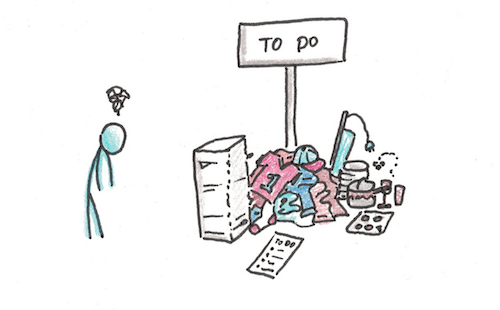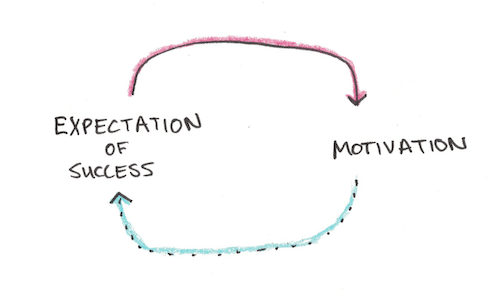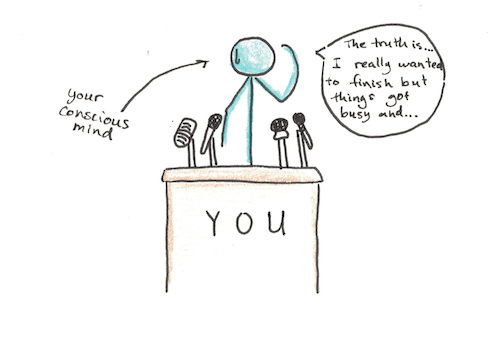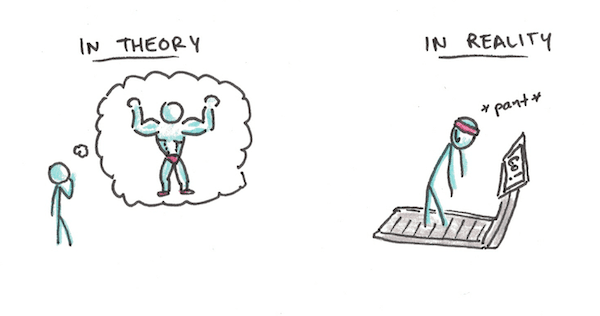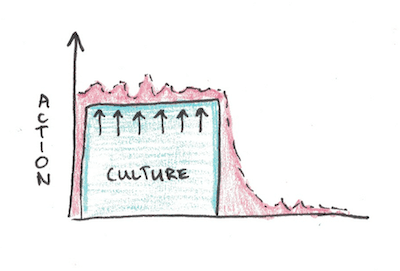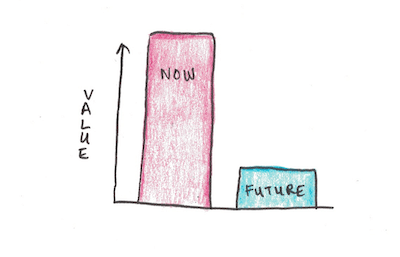Learn more about personaldevelopment with this collection
How to handle and learn from mistakes
The benefits of psychological safety in a workplace
The importance of empathy and active listening
Discover 45 similar ideas in
It takes just
7 mins to read
Taking action = eventual success
Inaction is the biggest cause of our failures and our miseries. If we could consistently do the things we know we should do, we would be more successful, and our lives would be better. Yet we struggle to take action.
2.2K
15.6K reads
Explaining inaction
Some possible but weak reasons why action is hard:
- Talent. But the world is full of brilliant stars that flame out and mediocre minds that build empires.
- Preferences can explain our failure to try, but don't explain our inner struggles with inaction.
- Capacity for effort. If your capacity for doing things is lower, it does not explain chronic bursts of activity with inevitable crashes in your goals and projects.
- Motivation. Some people with the most reason have the hardest time taking action.
1.82K
9.77K reads
Confidence
Motivation and expectation of success create a feedback loop:
- Your motivation to complete a task depends on the value of the reward and your expectation of success.
- Your expectation of success depends on your motivation.
If your projects tend to fail, your expectations are low, and motivation fades. If your projects tend to succeed, your expectations go up, and motivation stays strong.
2.02K
9.17K reads
Social-Desirability Bias
Our conscious mind may be functioning more by making reasonable-sounding explanations for its behavior rather than actually making decisions.
This means that we fail because the unconscious parts of our mind have decided not to take action. You might be convincing yourself that you want to pursue a goal when your unconscious mind is not committed to it.
1.76K
7.31K reads
Daydreams and Reality
We have two characteristic modes of viewing things—an abstract (or far-mode) and a concrete (or near-mode) view.
Because of the two modes, many big goals have a far-near incompatibility that can make it difficult to take action on. The person who dreams up the goal is different from the one who executes it.
1.84K
7.2K reads
Sticking Your Neck Out
Our nature may be to view the cost-benefits of taking actions and be willing to retreat to conformity instead of getting punished.
Some ventures into different kinds of actions are discouraged if they don't yield big rewards. It may explain inaction to start your own business, but a strong expectation to show up on time to work.
1.62K
6.22K reads
We're Short-Sighted
Procrastination may be a delaying tactic to avoid wasting energy here and now, even if you think you might work harder later on.
1.72K
7.84K reads
Get Better at Taking Action
Traditional approaches often focus on human will alone. But, our minds are complicated things, with many conscious and unconscious control mechanisms.
To take action, we need to not only have new inputs to turn us in the right direction, but also the ability to keep headed in the chosen direction.
1.72K
7.16K reads
CURATED BY
More like this
4 ideas
Why change is so damn hard, according to science
writingcooperative.com
4 ideas
3 ideas
How To Get Started
medium.com
Read & Learn
20x Faster
without
deepstash
with
deepstash
with
deepstash
Access to 200,000+ ideas
—
Access to the mobile app
—
Unlimited idea saving & library
—
—
Unlimited history
—
—
Unlimited listening to ideas
—
—
Downloading & offline access
—
—
Personalized recommendations
—
—
Supercharge your mind with one idea per day
Enter your email and spend 1 minute every day to learn something new.
I agree to receive email updates

